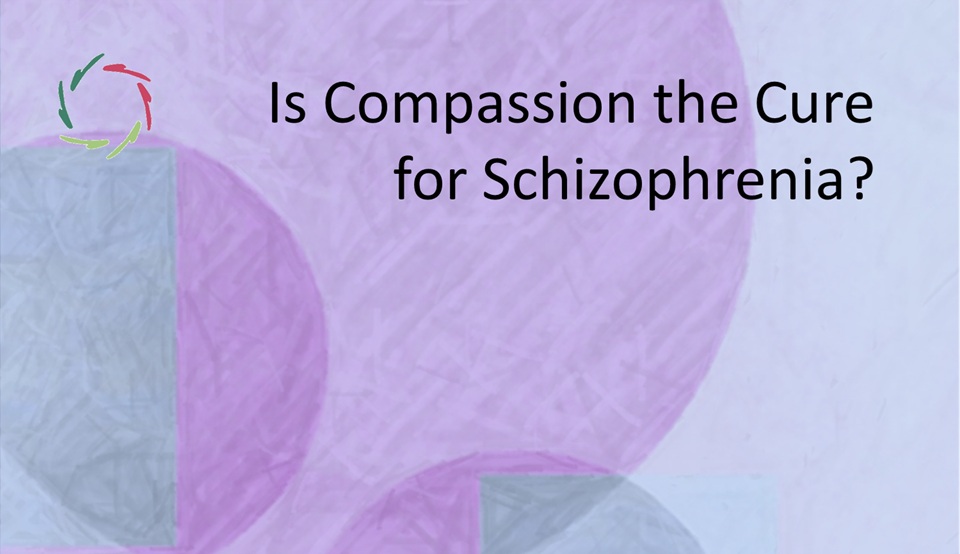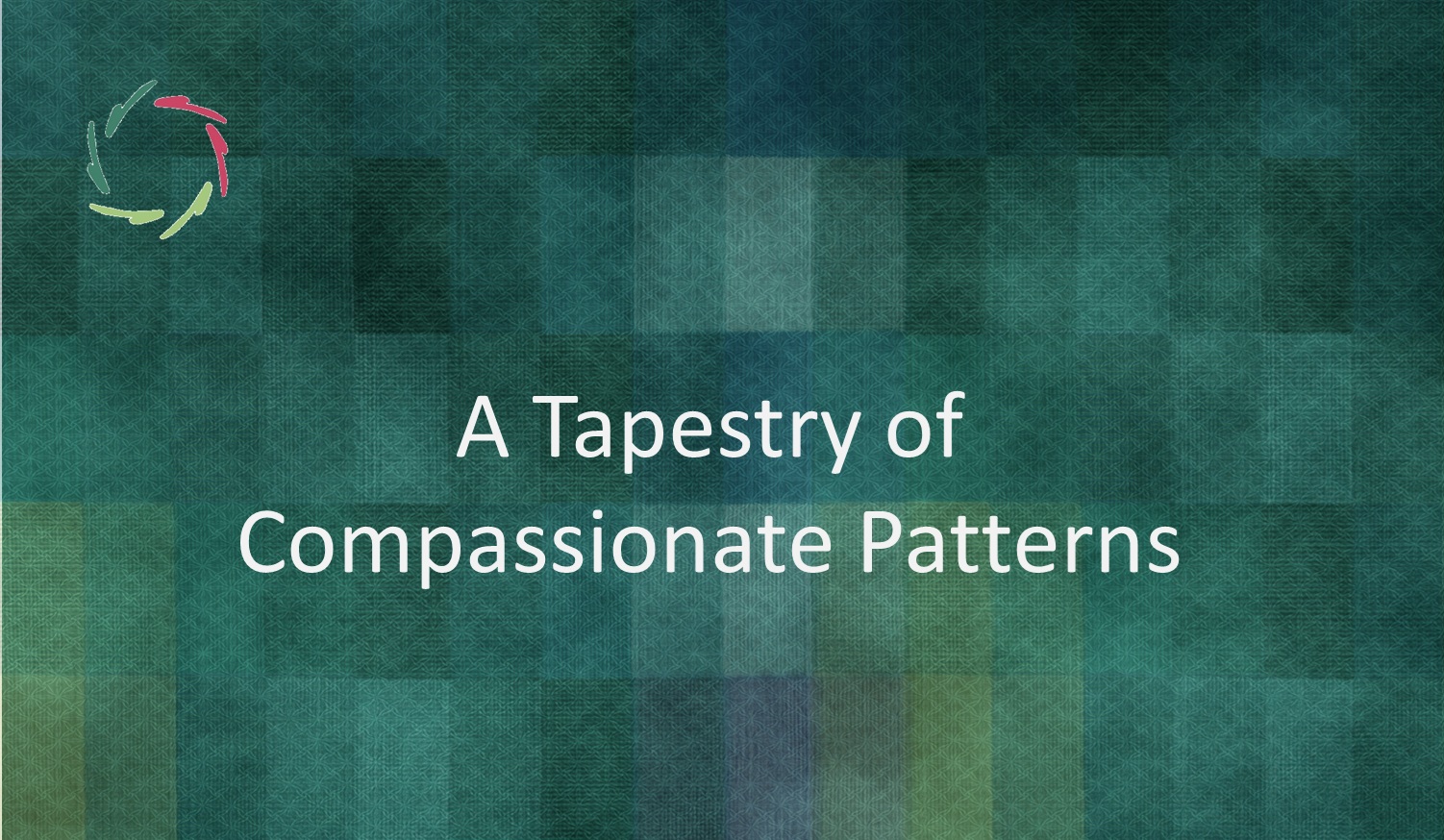How to Keep the Empathy

The COVID-era has profoundly shaken many people. This has enhanced an upsurge of interest in empathy. However, may this be a passing phenomenon? What can one do to make it more durable?
About empathy
[see: “Landscape of Empathy”]
The term ‘empathy’ – unlike Compassion – does not necessarily relate to depth. [see: “Compassion = Empathy-Beyond“]
This may be one reason why empathy is an easier concept to find support in the business world. ‘Depth’ may seem not very competitive. Of course, the contrary is true. [see: “The Why of Corporate Compassion”]
Without depth, empathy will not endure by itself.
At the workplace, can empathy not be kept by pressure or policy?
Nope. Moreover, policies tend to be designed as if employees are evil abusers who need to be kept in check by ever more intricate rules and regulations. The few abusers are thus kept in line. Many others get demotivated.
This is not an empathic stance to start with. So, can one enforce empathy by bringing it from the reverse attitude?
I don’t think so. It might look like it for just a while.
Depth is always challenging.
There is no doubt about this. However, it is also necessary to be effective and durable.
In-depth, people need to be seen as organic creatures, part of nature in which everything continually grows. Nothing stays the same. Things come and go in an endless succession of individual (un-divided) finality.
Meanwhile, the durability of nature lies within depth itself ― the broad and profound view. Acceptance of the natural way brings insight into end-value. What stays is what is valuable. In the human case, this is empathy-beyond, the profound feeling that what is good for others is good for oneself.
The mother, for instance, may feel this for her child. Much broader, anyone may feel this for others far-away in place and even in the future.
Sustainability
[see: “Sustainability through Compassion”]
Plants do not grow in the air. They need soil. Their roots do an indispensable job in the invisible world below the surface.
The same with people. They do not grow in thin air without depth. Below the surface of our consciously conceptual mind, we find a subconceptual soil. [see: “About ‘Subconceptual’”] Without this, there is no growing ― even no mental life at all.
Since empathy is a prime mental competence, it cannot endure a state of being dissociated from one’s own subconceptual depth. There is only empathy-less mayhem. [see: “Inner Dissociation is NEVER OK”]
So, in order to keep the empathy,
we need to find our way towards empathy-beyond.
If not, then even a COVID-era will not have a long-lasting positive effect. Instead, a superficial kind of empathy will wax and wane. The pendulum’s motion will not become a path that has been taken for good. It might even reverse with a backlash. That is, people who don’t like or understand empathy so much will point at ‘it’ as something that has no effective ground.
Indeed. Therefore, let’s give it the ground it needs.


